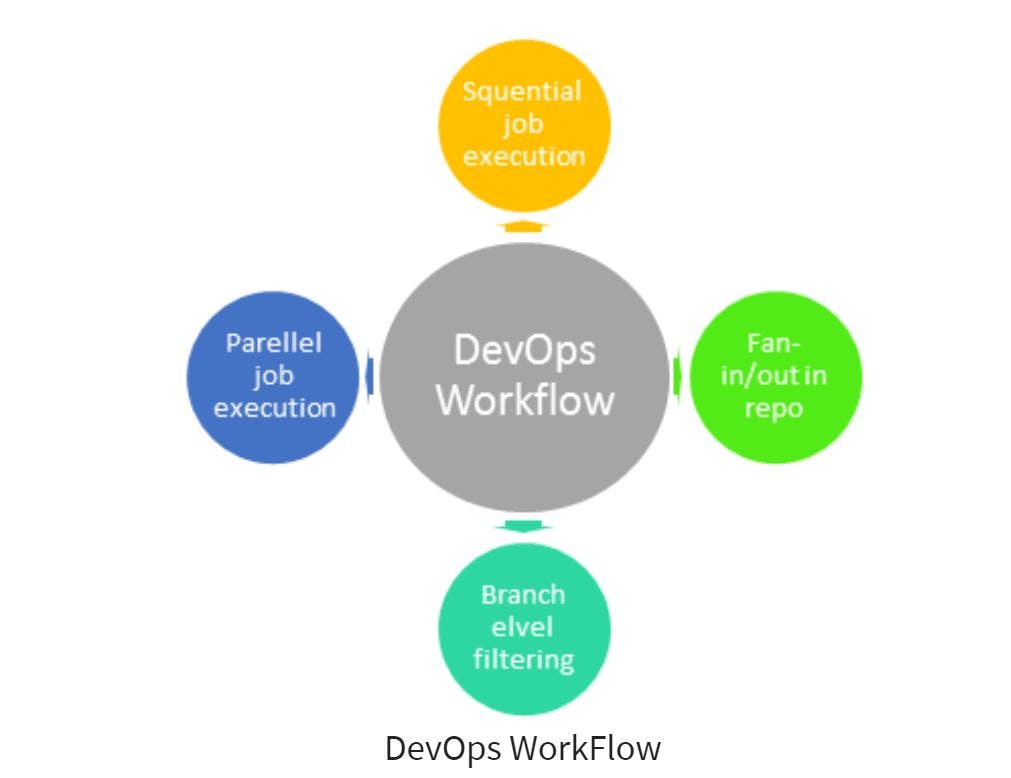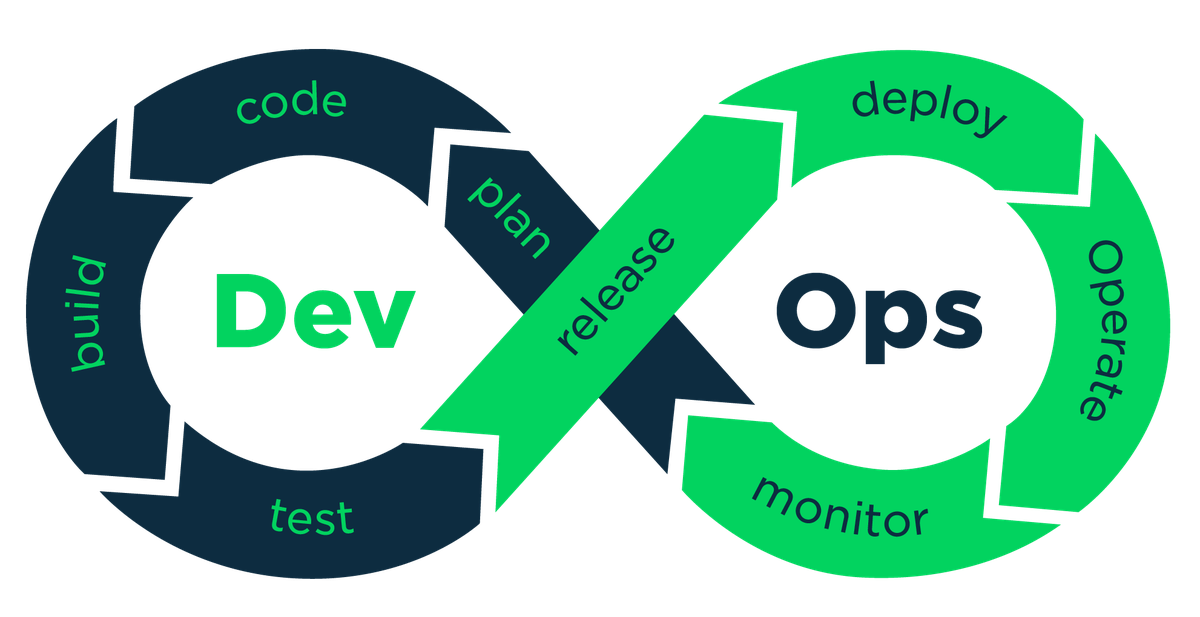What is Devops
DevOps is a set of practices that combines software development and IT operations. It aims to shorten the systems development life cycle and provide continuous delivery with high software quality. DevOps is complementary with Agile software development; several DevOps aspects came from the Agile methodology.

Advantages of Devops
- Collaboration and trust
- Faster deployment
- Promotes agility in your business
- Stabilize work environment
- Save costs on maintenance and upgrades
- Increase the rate of success for digitalization strategies and transformation projects
- Improve quality, reliability and reusability of all system components
- Accelerate time-to-resolution
- DevOps helps in boosting the confidence of teams by replacing the traditional processes. DevOps helps the organization stay one step ahead of today and focus in the competition.

Tools for Devops
Git
It allows you to track the progress of your development work and coordinate work among team members. Git is great for experimenting, because you can revert to previously saved versions of your work, and you can also create branches separately and then add in the new features when they’re ready. You’ll need to host a repository for the work as well, such as GitHub.
Nagios
Nagios is Used to find and correct problems in networks and infrastructure, Nagios is one of the most popular free and open-source monitoring tools.
Embold
Fixing bugs before deployment saves a lot of time and energy in the long run. Embold is a software analytics platform that analyses source code and uncovers issues that impact stability, robustness, security, and maintainability.
Vagrant
Vagrant is a DevOps tool. It is one of the best DevOps tools that allows building and managing virtual machine environments in a single workflow. It offers easy-to-use workflow and focuses on automation. Vagrant lowers development environment setup time and increases production parity.
Slack
Launched in the year 2013, Slack is still one of the top communication tools used by teams for effective collaboration on projects. This tool in the DevOps arsenal is used by technical organizations across the globe to tear down barriers and offer all team members a clear insight into the workflow. One exciting feature about Slack is that it allows developers to collaborate using toolchains in the same environment they are communicating with other maintenance and service members.
Bamboo
Bamboo is similar to Jenkins but isn’t free. For the cost, you’ll get prebuilt functionalities—which means there are far fewer plugins (because you won’t need them). Bamboo also has a highly intuitive user interface with features such as auto-completion.
Gradle
With this open-source build automation tool, you can write code in Java, C++, Python, and other languages, and, unlike Maven and Ant (which use XML), it uses a Groovy-based domain-specific language for describing builds.
QuerySurge
It is the smart data testing solution that is the first-of-its-kind full DevOps solution for continuous data testing.
Raygun
Raygun’s DevOps tool helps you diagnose performance issues and tracking them back to the exact line of code, function, or API call. The APM tool also fits well with Raygun’s error management workflow. For example, it automatically identifies your highest priority problems and creates issues for you.
Jenkins
Jenkins enables companies to boost their software development processes. Developers use Jenkins to test their software projects and add changes seamlessly. This tool uses Java with plugins, which help in enhancing Continuous Integration.
Kubernetes
It is an open-source platform. Kubernetes can let you scale your containers without increasing your team. As it is an open-source platform, you don’t have to worry about access problems.
Splunk
Splunk is a tool to make machine data accessible, usable, and valuable to everyone. It is one of the best DevOps technologies that delivers operational intelligence to DevOps teams.
